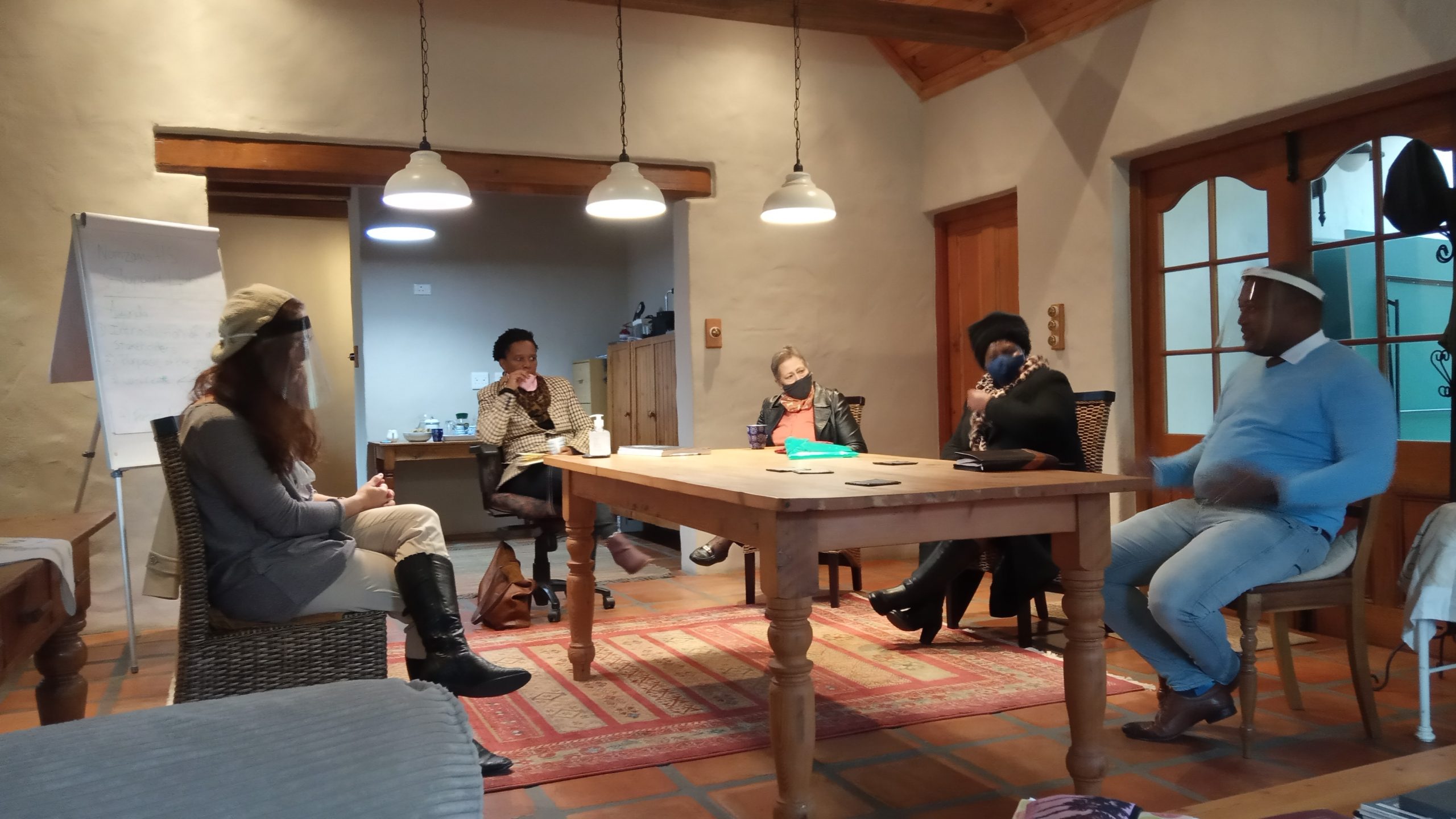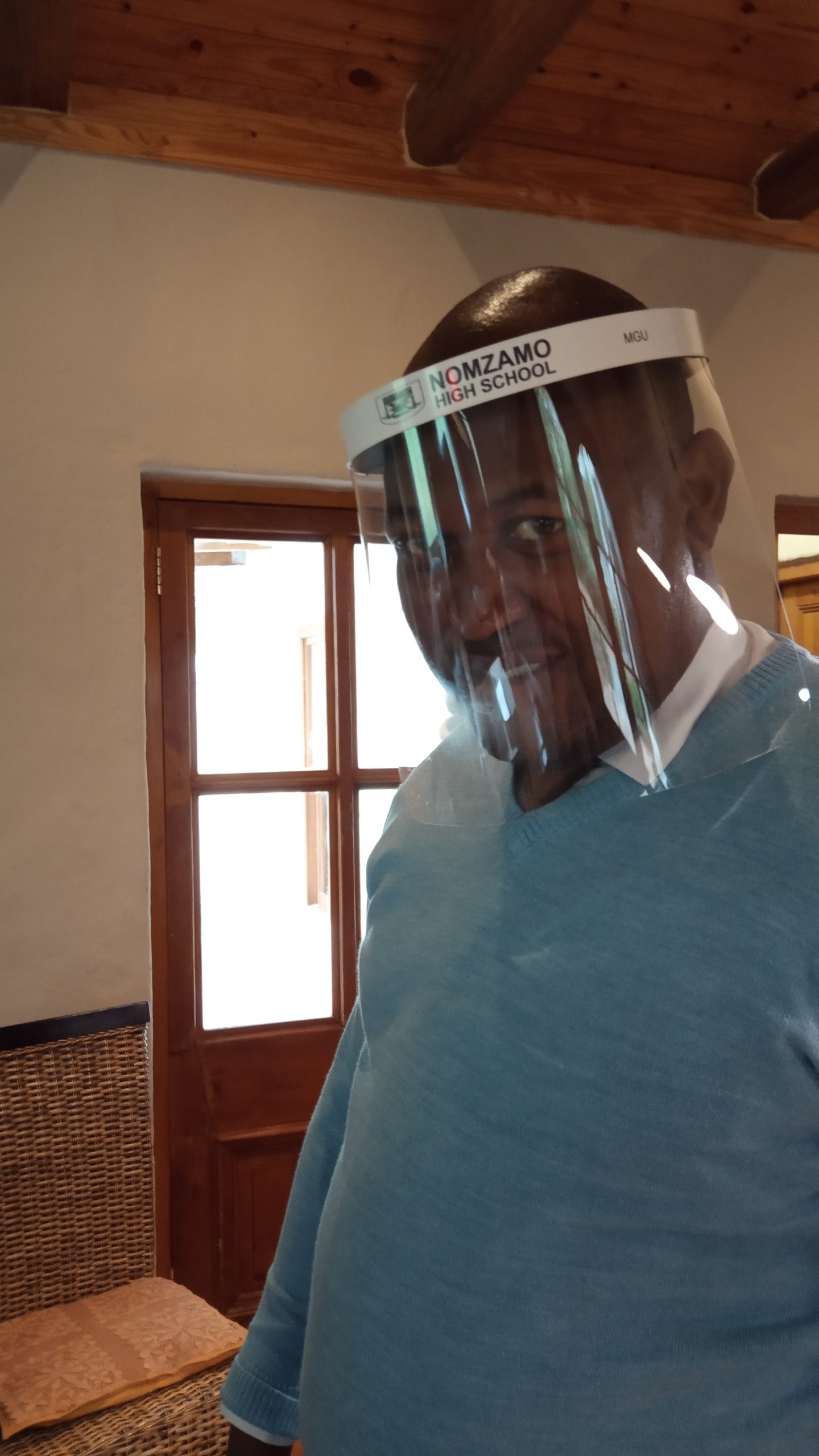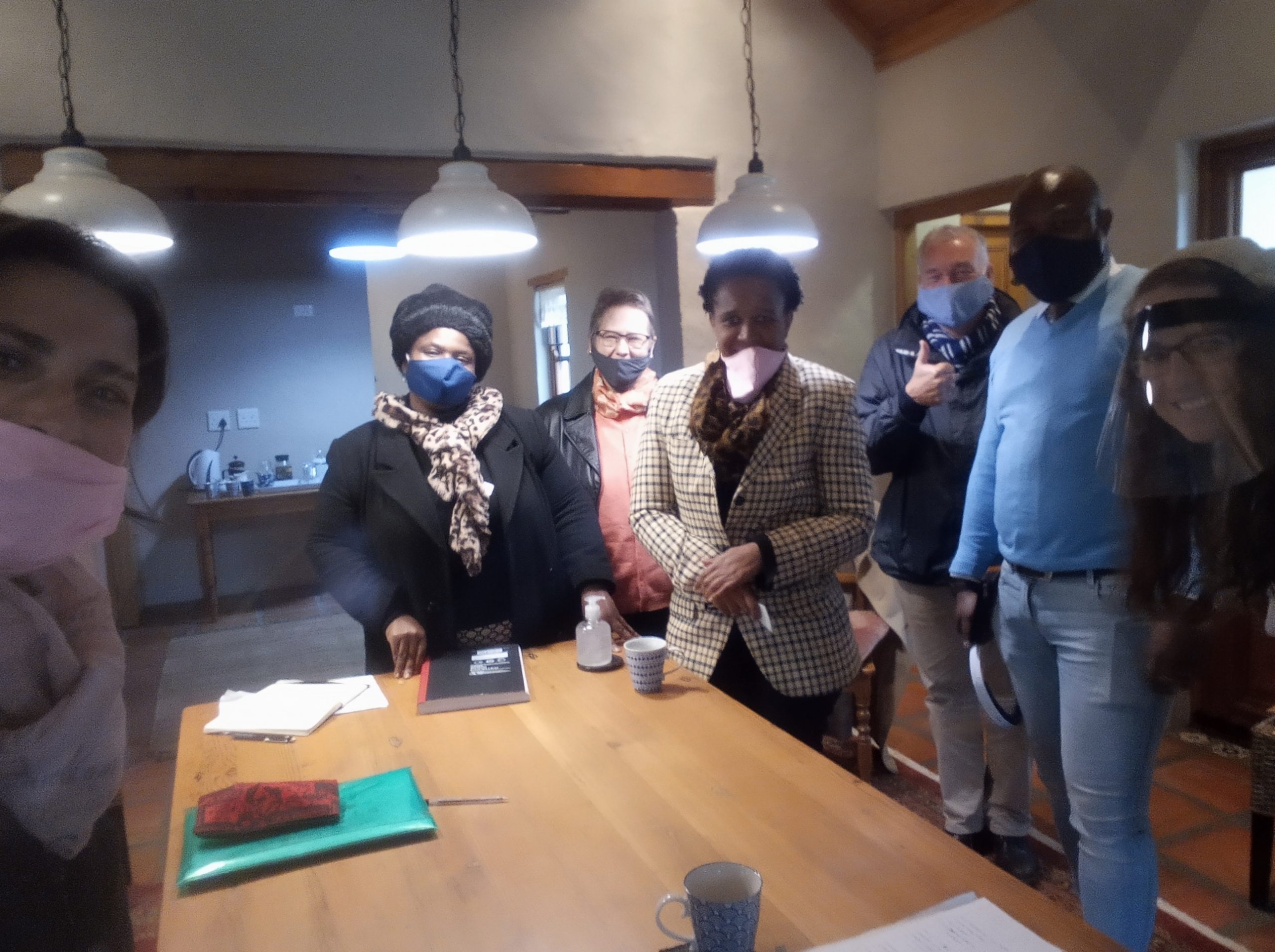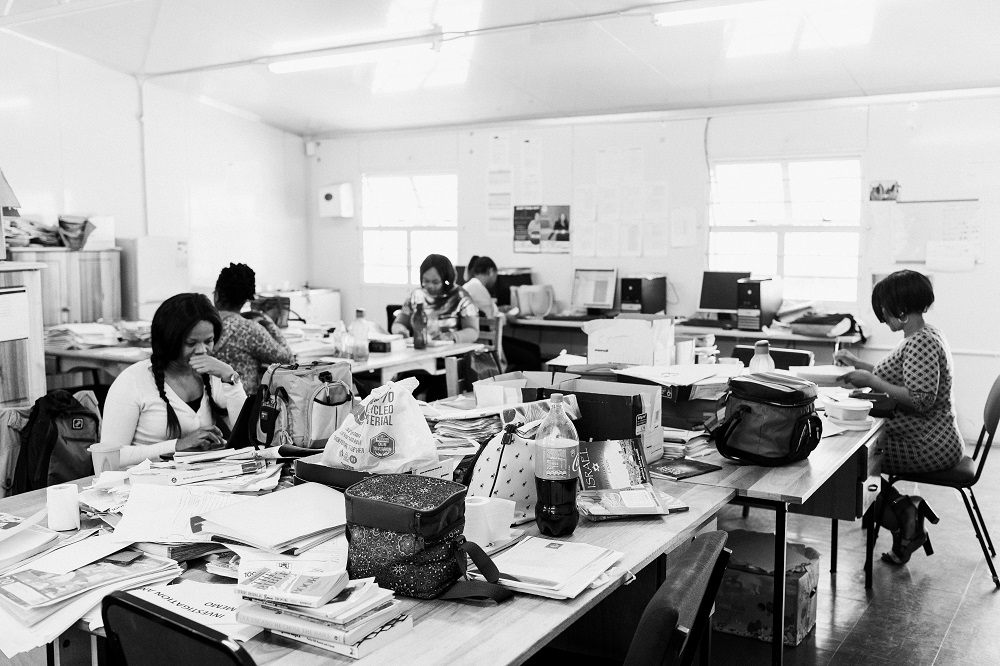Support Hubs Launched on 11 June 2020!
What Covid-19 has made very clear, is that the Strong Schools mission is very accurate for a time such as this. Read is here.
During this national disaster, a school’s stakeholders have to be more attuned to addressing the schools needs in a coordinated and collaborative manner. When stakeholders collaborate, they complement each other with knowledge, skills, expertise and resources. The coordination will in turn ensure that the school is assisted in a manner that is clear and solution-focused; not adding extra time burdens on the principals, but on the contrary, aimed at taking a load off him!
The Support Hub is a support structure for the school leadership team to collectively problem solve by identifying the school’s needs and collaboratively plan how to address such needs, which would ideally result in more effective learning opportunities for the school’s learners. Multiple stakeholders are often involved with schools but often these entities are not aware of one another. By ensuring that the social investments made by NPO’s and individuals are aligned with the school’s strategic priorities, precious time and resources will be saved; the school’s leadership will remain the main driver of the school’s improvement initiatives and the most pressing issues will be solved quicker due to clear priorities and team work!
A typical Support Hub will consist of the following stakeholders:
- Hub Chair – Principal
- Hub Coordinator – A Strong Schools Project Manager
- Hub Members – Key stakeholder representatives from current NPO’s and service providers involved with the school and a School Governing Body representative.
- Hub WCED support – the Circuit Manager
The mechanism of a Support Hub is quite simple but the power lies in the collaboration and coordination:
- Needs analysis
– from the Senior Management Team’s consultation, the Principal presents the school’s needs to its Support Hub - Collective problem solving
– the Hub collaborates to collectively develop potential solutions for problems discussed - Resourcing task teams
– the Hub Coordinator project manages the various tasks that area designated to appropriate Hub Members who in turn activate their own networks to respond to the need. - Implementation of action plan
– the tasks are executed and feedback is provided to the Hub. - Process repeats to identify, problem solve and address the subsequent needs of the school.
The Hub Members of the Nomzamo High School Support Hub who attended the launch meeting Covid-19 style – keeping social distance, wearing masks and visors and some skyping in: Mr Mgubanto (Principal of Nomzamo High School), Sonja van der Bank (Organisational Development Facilitator from Camino Consulting), Caryn Maree and Nokwazi Mniki from Strong Schools, Noeki Gous and Theo Willemse from Imibala Trust, Daniel Solomons from Mido Foundation, Nomonde Kondile from Sweet Pea Youth Development. Lumkile Ludziya (the School Governing Body Chairperson) and Theliswa Mquiwana (the SGB Treasury) were excused on the day.
The first Strong Schools Support Hub was launched on 11 June 2020 for Nomzamo High School. The meeting was supposed to be a meet and great and to establish the purpose of the Hub, but clearly all the Hub Members were perfectly in sync with the concept and all driven to support the school and thus the first three tasks were already put on the table, discussed and became working projects!









